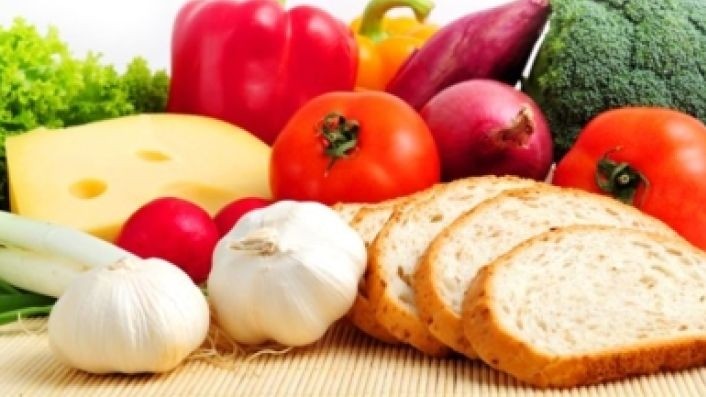Efficiency and communication 'key to mitigating rising food costs'

Speaking at the Tackling Food Prices conference at the W Hotel in west London, David Read, chairman of procurement and supply chain consultancy Prestige Purchasing, advised delegates on how to mitigate price increases through efficiency, keeping things simple and improving relationships with suppliers.
He outlined the current climate across a multitude of food categories across the sector and how to manage aspects of businesses better.
Read said: “Why is food and drink inflation high? There are about 10 to 12 things which impact inflation but there are four which are having the biggest impact right now. One is exchange rates, for obvious dominant reasons, another is labour – picking and catching products in the UK has become more expensive because the UK labour market is already tightening.
“Disease is having an impact because some markets such as salmon have been suffering massively with disease. Salmon prices are now easing up, but tuna is now coming to the foreground. Disease has also been an issue for olive oil and fruit.
"Production and demand issues, which are particularly prevalent in coffee and chocolate. Lastly, meat. With our exchange rate issues, meat exporters are going overseas, which drives up prices.”
But it wasn’t all bad news as there was one category which has dropped in price. “Sugar is getting cheaper,” said Read.
He advised operators on splitting their businesses into two parts to improve them in order to mitigate rising costs.
Efficiency is key
Read said: “Lots of people say improving your operation is about buying better but it isn’t. It’s about doing things inside your business to make you more efficient.
“Also, you need to manage markets better. There has not been a single client we have worked with over the past 10 years that could not improve this.
“We use the foodservice value chain. Start with business strategy, which flows into how are we unique, different and better?”
Pubs are behind supermarkets with planning efficiently in order to save money, Read said.
“The execution of this strategy has a massive effect. Menu ranging – one of the things you see in a supermarket is the product, which has come under hours of systemised planning. This level of sophistication is often missing in foodservice businesses.
“When it comes to menus, the more range you put in and more choice for the customer, the more complexity you put in. There’s more labour and food waste before you've even sold a dish.
“Equipment is a big thing. The number of times you see kitchens where chefs are making dishes which would be much more efficiently bought in the supply chain, or the equipment they are using isn’t man enough for job.”
Food wastage and keeping things simple are other key ways in which pubs can cut costs, Read advised.
Addressing rising costs
He added: “Stock keeping unit (SKU) range. The number of this builds complexity into your business. There are QSR businesses which have board meetings to agree an additional SKU for just one ingredient.
“There are big opportunities to save money around storage and inventory. Every time a truck delivers to your kitchen it costs £50 or so.
“Waste is also a big issue – focusing on where this wastage goes and making it more efficient is a big way of de-risking your food inflation.”
Talking to suppliers is another way for operators to cut costs. Read explained: “If you don’t know every product you are buying, which supplier it comes from, the pack sizes it comes in, then you will never be buying well.
“Lastly, look at distribution and delivery. How attractive are you to your suppliers? Ensure you pay them regularly.
“Working on what you do in your operation and within the market, the most important thing is to have a really clear set of goals of what you want to achieve.”
Read outlined five things operators should do before Brexit in order to address rising food costs. He said: “It is an incredibly complex situation at the moment where things are constantly changing but it doesn’t mean you should be inactive when it comes to planning."
Read's five top tips:
- Review your supply chain completely – understand what you’re buying, from where, its provenance and where their source and origin is from.
- Examine every supplier agreement, especially its level of flexibility because you may need to make changes in the years ahead that you don’t anticipate now.
- Start collaborating with your suppliers about their Brexit plans.
- Create a risk log, keep it up to date and monitor it.
- Communicate – make sure all the stakeholders in your business are aware of your plans.






